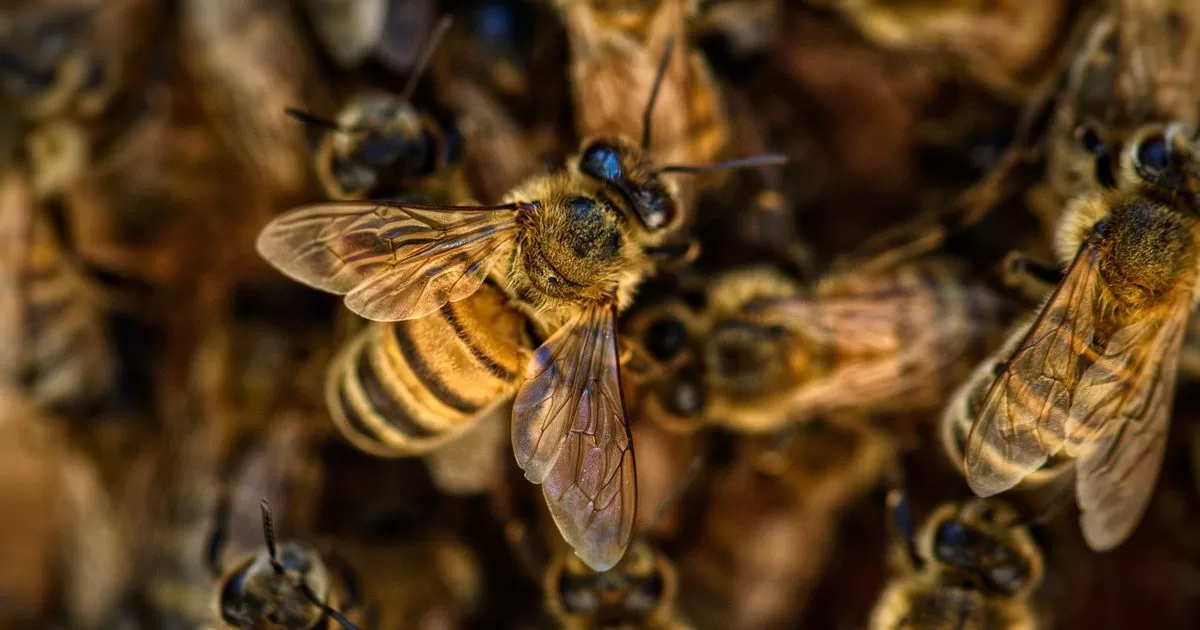BOGOTA.- Researchers from the Universidad del Rosario in Colombia managed to patent an innovative formula designed to protect bees and other pollinators from the harmful impact of insecticides. This crucial advance was announced on Tuesday by the Colombian institution and promises to be a milestone in the conservation of the approximately 20,000 species of bees around the world.
The formula, a plant-derived liquid, was registered with the UK Intellectual Property Office. Andre Josafat Riveros, professor at the Faculty of Natural Sciences of the Universidad del Rosario and leader of the research, highlights that this discovery could become “a cornerstone for the conservation” of these crucial pollinators.
The international collaboration in this project involved the University of Arizona in the United States and the Javeriana University in Colombia. The formula is based on flavonoids, compounds known for their protective, antioxidant and anti-inflammatory properties in humans, according to the official statement.
In experiments, bees immobilized in tiny plastic vests were fed the formula through thin funnels. The treated group demonstrated greater resistance to the adverse effects of pesticides compared to their non-supplemented counterparts. These results, published in the Journal of Experimental Biology in 2022, highlight the potential effectiveness of this innovative solution.
Danger of Extinction
Bees play a fundamental role in the pollination process, facilitating the exchange of pollen between flowers and contributing to the reproduction of plants. However, the risk of extinction affects 35% of insect species in the worldand bees are among the most threatened due to human activity, according to the Food and Agriculture Organization of the United Nations.
The extensive use of pesticides in large-scale agriculture, such as fipronil and imidacloprid, contributes significantly to the decline of bee populations. The formula developed by these Colombian researchers offers hope by reducing the alterations caused by these chemicals and could play a crucial role in preserving these valuable pollinators.
In response to this problem, the government of Colombia, through the Colombian Agricultural Institute (ICA), established a ban on fipronil that will come into force as of February, in an effort to stop the worrying loss of bee hives, which reaches about 3,000 a year, according to official figures.
Source: With information from AFP



